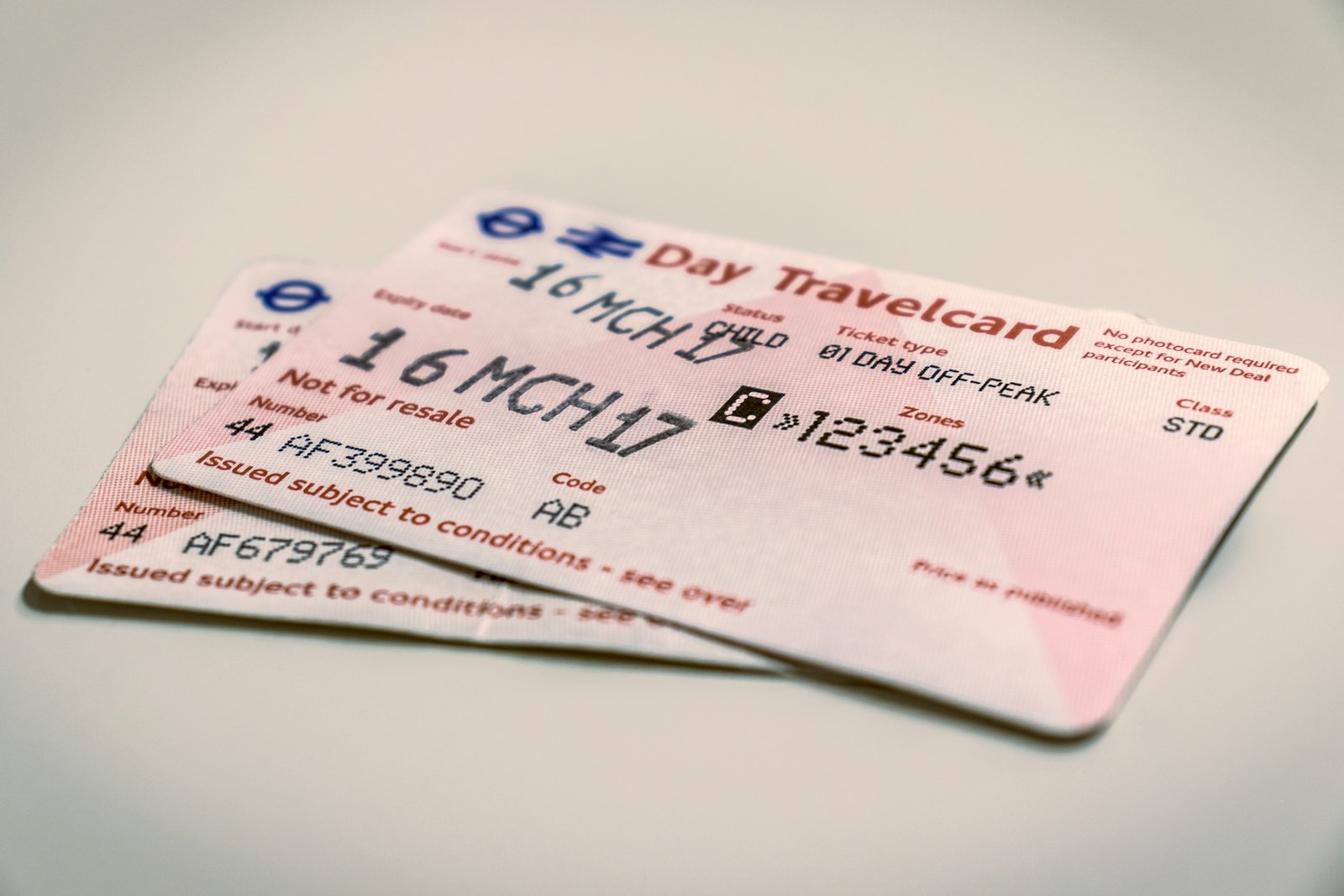
carte

card
The French word 'carte' translates to 'card' in English. It is used quite similarly to how it's used in English, like in the context of a business card ('carte de visite'), a playing card ('carte à jouer'), or a menu card in a restaurant ('carte du jour'). It's pronounced kahrt.
Example sentences using: carte
Je cherche ma carte de crédit.

I am looking for my credit card.
This sentence describes a person searching for their credit card. The verb 'cherche' meaning 'looking for' is followed by 'ma carte de crédit' which directly translates to 'my credit card'.
Peux-tu me donner la carte, s'il te plaît?

This sentence is typically used in a restaurant setting where the speaker is asking for the menu. In this context, 'carte' means menu.
None
J'ai perdu ma carte d'identité.

I lost my ID card.
In this sentence, the speaker laments having lost their identification card ('carte d'identité'). 'J'ai perdu' directly translates to 'I have lost'.
La carte du monde est très grande.

The world map is very big.
Here, 'carte du monde' refers to a world map. The phrase essentially communicates the large size of the world map.
Peux-tu me montrer la carte?

Can you show me the map?
In this sentence, 'carte' means 'map'. The speaker is asking someone to show them the map.
Je vais retirer de l'argent avec ma carte.

I am going to withdraw money with my card.
This sentence describes a person planning to withdraw money using his card. Here, 'carte' refers to an electronic card like debit or credit card.
Il donne sa carte à la serveuse.

He gives his card to the waitress.
This sentence describes a man giving his card to the waitress, likely to pay for a meal or drinks. Here, 'carte' could be a credit card.
Est-ce que tu as une carte de visite?

Do you have a business card?
In this context, 'carte de visite' refers to a business card. The speaker is asking if the other person has one to provide.
Mon fils collectionne les cartes de baseball.

My son collects baseball cards.
This sentence describes a person whose son enjoys collecting baseball cards. 'Cartes de baseball' means 'baseball cards'.
J'ai reçu une carte postale de Paris.

I received a postcard from Paris.
This sentence communicates that the speaker has received a postcard ('carte postale') from Paris. The phrase 'de Paris' eyes to its origin.